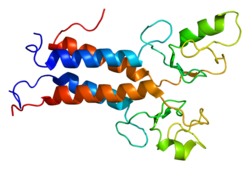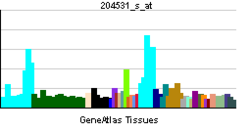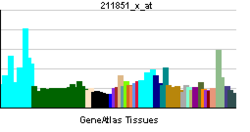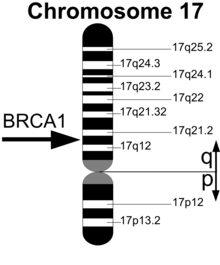devildog1776
Banned
- 4,952
- 139
- Joined
- Jun 2, 2008
Drink diet soda
Eat poorly
use sugar substitutes for everything
smoke cigarettes
don't exercise
microwave EVERYTHING
take your flu vaccine EVERY YEAR
all nice ways to break your body down and make it easy for cancer cells to grow...
Eat poorly
use sugar substitutes for everything
smoke cigarettes
don't exercise
microwave EVERYTHING
take your flu vaccine EVERY YEAR
all nice ways to break your body down and make it easy for cancer cells to grow...








